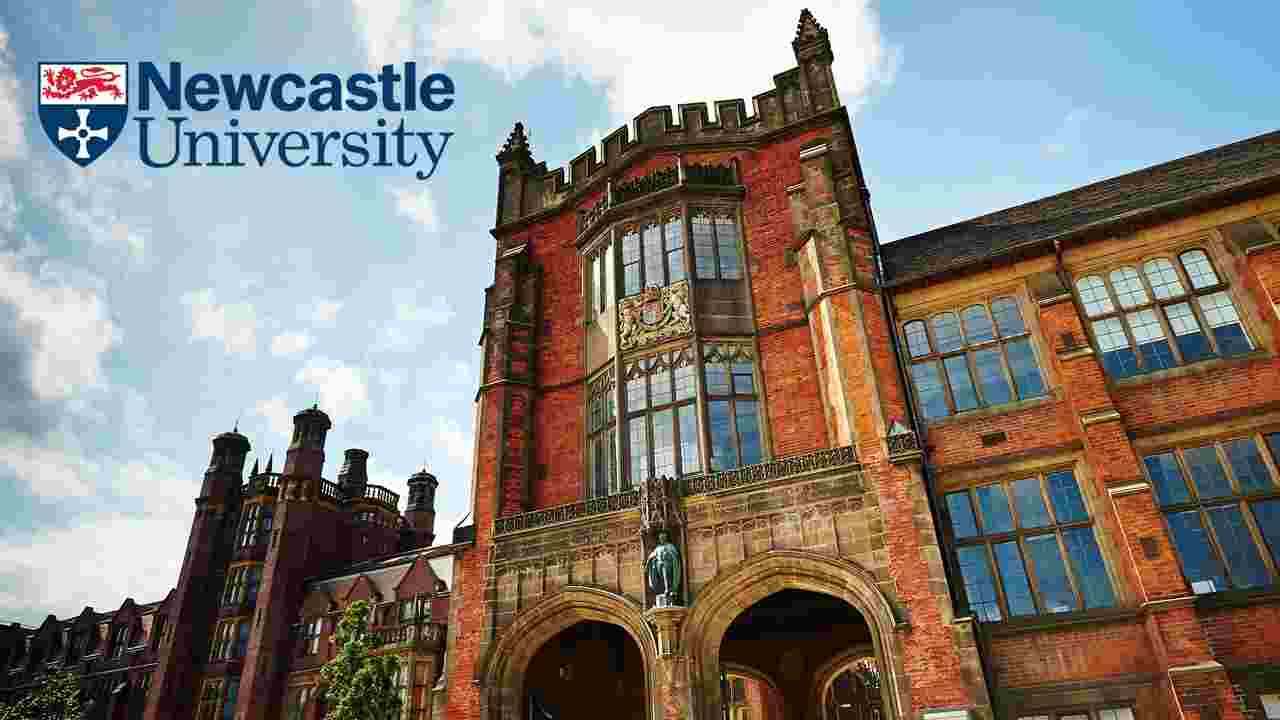We might be a good fit for you, if you are interested in pursuing an independent line of research devoted to 1) the mechanisms regulating the homeostasis of lysosomes, 2) the signals governing lysosomal secretion and its impact in extracellular milieu and 3) innovative therapies targeting lysosomal dysfunction.
Doctor Henrique Girão (https://orcid.org/0000-0002-5786-8447 ) from the Coimbra Institute for the Clinical and Biomedical Research (iCBR)/ Faculty of Medicine of University of Coimbra (FMUC) welcomes expression of interest from potential postdoctoral candidates interested in applying for a Marie Skłodowsla-Curie Postdoctoral Fellowships (HORIZON-MSCA-2023-PF-01-01) in 2023.
Profile of the Supervisor:
Henrique Girao (HG) is Principal Investigator at FMUC, where he is Chair of the Cardiovascular Area, Leader of the Group “Ubiquitin-dependent Proteolysis and Intercellular Communication” and Director of the Microscopy and Bioimaging Lab. HG published more than 100 papers in peer-reviewed journals, including Circulation Res, eLife, Nature Rev Cardiology, EMBO Reports, Science Advances, Cardiovasc Res, JAAC, Autophagy and J Extracel Vesicles.
HG is specialized in cellular and molecular mechanisms involved in the regulation of protein degradation and intercellular communication, necessary for the maintenance of cell homeostasis. In particular, HG has been interested in understanding how disturbance of proteolysis, namely lysosomal degradation, and intercellular communication, mediated by gap junctions and extracellular vesicles (EV), contribute to cardiovascular disorders, resorting to cell-based approaches, animal models of disease and human samples. Groundbreaking discoveries from HG group have helped not only to decipher the mechanisms whereby the gap junction protein Connexin43 (Cx43) is degraded in pathological conditions but also to unravel the non-canonical roles of Cx43 in mediating the selective sorting of miRNA into EV and the delivery of EV content to target cells. In a close collaboration with cardiologists, HG has unveiled the impact of heart injury in circulating EV signature and EV-mediated communication between cardiac cells.
HG launched and heads the FMUC Health Communication Office, aiming to promote scientific culture and literacy in the society. Moreover, he coordinates the Master in Biomedical Research and the PhD Programme in Health Sciences.
What will you find:
An interdisciplinary environment, with access to cutting edge facilities, that stimulate the blossoming of mind-blowing ideas. The expertise and competencies gathered over the last years in the field of autophagy, lysosomal degradation, intercellular communication and cardiovascular diseases constitute the ideal team for the development of integrative groundbreaking projects. The close interaction with an active clinical community gives the opportunity to boost a translational mindset and potentiate the networking with other areas. Altogether, the candidate will find a perfect ecosystem for career development in advanced training, international, inter-sectoral and interdisciplinary research.
Description of the Host Institution
UC´s outstanding scientific and translational research advances are driven by its Faculties and Research and Development units. UC holds relevant expertise in Horizon 2020 and Horizon Europe, with more than 20 projects coordination and 102 projects as a valid and strategic partner. The Faculty of Medicine (FMUC) is one of the most prestigious schools of Medicine in Portugal, having its own research centre – iCBR – to promote the link between fundamental research and the clinical practice, by collaborating closely with the Coimbra University Hospital (CHUC), which is a vital partner for higher education, specialized training, and basic-clinical-translational research. Its innovative and groundbreaking research has earned it international recognition for its disease mechanisms investigation, identification of therapeutic targets, and discovery of novel biomarkers.
Institutional support with the application and throughout the Fellowship:
At UC, we are committed to providing the selected candidate with individualised support for the success of their application. Therefore, the candidate can count with full support from our Research Management Office at FMUC for maturing a competitive application and benefit from a series of initiatives promoted by UC to help applicants: https://www.uc.pt/en/iii/mariecurie-uc/
As a MSCA Fellow you will also have access to a wide range of re-location services and to competitive conditions to successfully develop of career plan and maximise the transfer of knowledge and impact of your research.
Eligibility criteria
Doctoral degree awarded no more than eight years before the deadline (13 September 2023). The applicant can be of any nationality and must not have spent more than 12 months in Portugal in the three years immediately prior to 13 September 2023. If you have applied to MSCA-PF in 2022 and got a score less than 70%, you are not eligible to apply in 2023.
What is in it for you?
The EU provides support for the recruited researcher in the form of
- a living allowance
- a mobility allowance
- if applicable, family, long-term leave and special needs allowances
- research, training and networking activities
- management
Interested?
To apply for an MSCA-PF with us at the University of Coimbra, please submit your CV (maximum 4 pages), a one-page motivation letter that outlines why you wish to join our group and how it aligns with your career objectives, and a one-page research project proposal that complements our current research profile. Please send all these documents as attachments until 1st June to hmgirao@fmed.uc.pt , and include” MSCA-PF 2023” in the subject line of your email. Selected candidates will be informed by 9th June.
